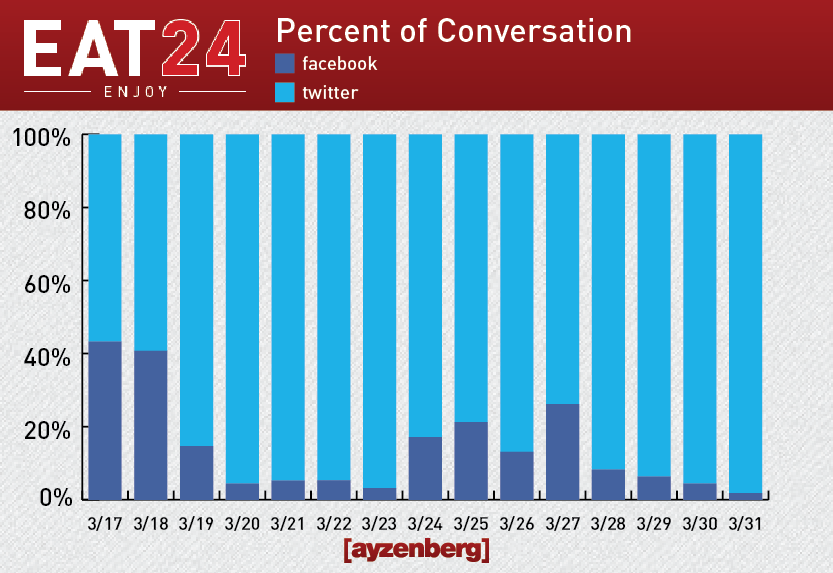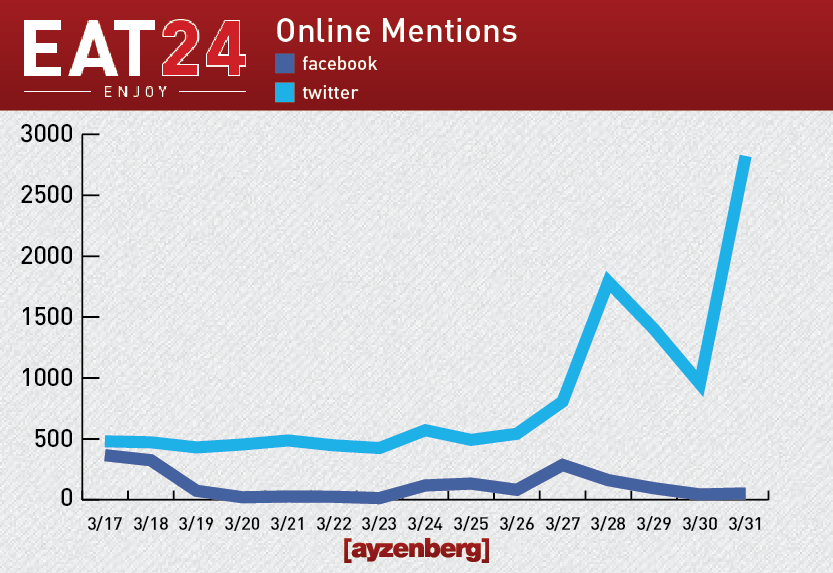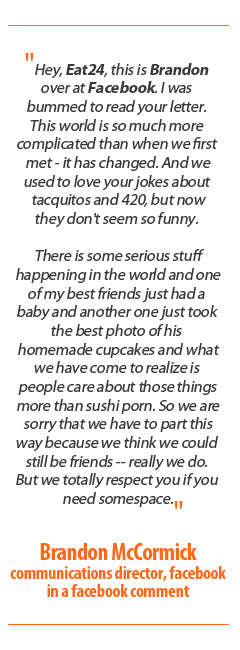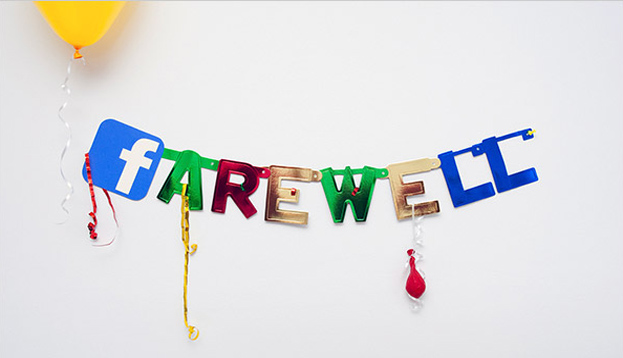Last week, another notable brand aside from GM very publically pulled advertising dollars out of Facebook. The folks at Eat24 concocted a saucy “Dear John” letter that had social media workers everywhere nodding in agreement. Would this be the the beginning of the first wave Facebook expats to break through the cruel nature of EdgeRank’s hedges

Eat24’s letter resonated so much because they made a few points that made a whole lot of sense. After all the emphasis on gathering page likes and then the time, money and wit spent on creating engaging content to reach them, those hard-earned likes are now virtually useless.
In a world where operating on most social sites is basically free, aside from time and know-how, it is getting increasingly difficult to justify paying for a social network that teens, the bona fide arbiters of tech taste, are leaving. Moreover, Facebook’s constant war waged with fake likes has not yet been won. How disappointing to discover that those virtual votes of confidence are actually very low quality! Click farms continue to pop up around the world— it’s a big business.
After all, there’s still Twitter, a place where finding quality follows and engaging with your community is done with relative ease. That’s exactly where Eat24 saw their engagement go when they decided it was time to shutter their Facebook page, a move that made perfect sense since Twitter was already a better performing platform for them.

Social analysts at Ayzenberg were interested to know what would happen to Eat24 after they made the big jump away from Facebook. From the major surge of buzz generated by leaving Facebook, it makes sense that there would be a huge spike in mentions. The conversation for Eat24 quickly dissipated on Facebook, effectively abandoning what ostensibly was a major investment in the creation and maintenance of such a page.

It appears this breakup might be short-lived after all. When reached for comment, Eat24 replied with something interesting.

“We will be meeting with Facebook sometime this week and, out of respect for our relationship, we have no comment at this time.”
Does this mean that Eat24 and Facebook are back on How could Eat24 take Facebook back after putting such major stress on the demands of their relationship
Why all this attention paid to Facebook anyway, when brands are (or should be!) rolling out social strategies that make use of so many platforms Only because Facebook is still the largest social network in the world.
Executive Director of [ion] and [a]list daily contributor, Robert Brill makes a case for continuing to work with Facebook despite the struggle. Is the anger about Facebook’s bait and switch drowning out the fact that Facebook is still a viable platform
“Advertising has existed on Facebook, but the problem for brands is that what was once ‘free’ now doesn’t exist. Social amplification on Facebook was free because the site’s algorithm simply promoted the brand’s content to the end user. However, there was still cost to build that fan-base and fund the cultivation of those brand-to-consumer relationships,” said Brill. “Teams were paid to create content for Facebook, other teams were paid to respond to interactions on Facebook, and yet other teams of strategists were paid to create the overall tone and direction of that content. So, the reach was free, but a business model was born out of maximizing the EdgeRank algorithm.”
That model now needs to be arranged to consider the rising costs to administer content to Facebook users. The mantle must now be moved from building fanbases at Facebook’s urging to ensuring it shows up in their newsfeeds.
When it comes to the ultimate decision of whether or not brands should consider leaving the social site, Brill is skeptical.
“I don’t think brands should simply forgo all that hard work and massive intellectual property that is their Facebook presence because amplification is no longer free. Continue to advertise to Facebook users. Give them the same great content you’ve been giving them before.”

